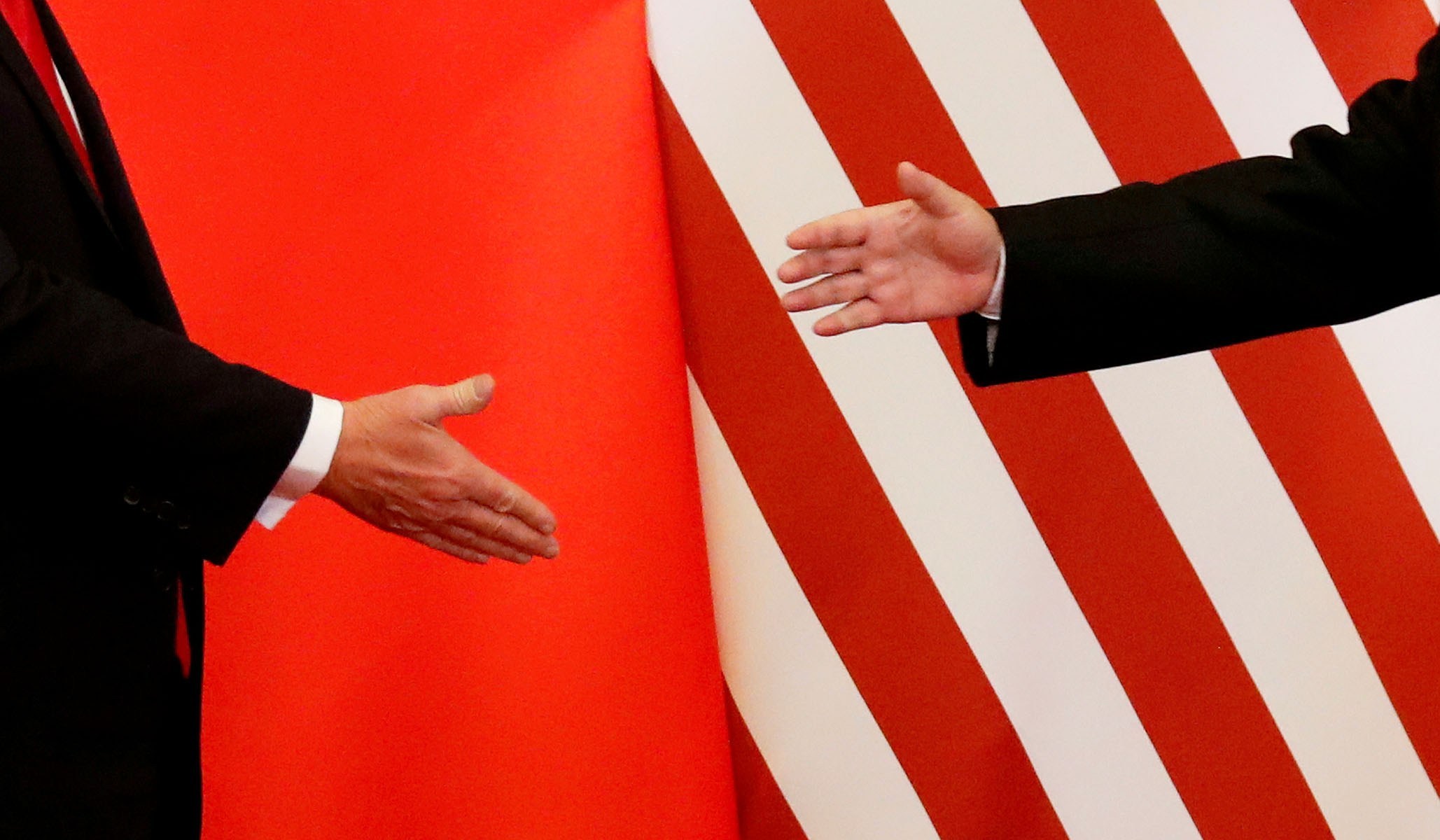By: Jim Geraghty – nationalreview.com –
Is China Starting to Feel the Pain from the Trade War?
Yesterday’s Wall Street Journal had a fascinating front-page article that could have deep political ramifications.
Right now, Trump’s trade war with China looks like slamming our collective foreheads against a brick wall, hoping we do more damage to the wall than the wall does to our skulls. We institute tariffs, China gets mad and responds with their own tariffs, Trump gets mad and responds with more tariffs, and the cycle goes on and on. The escalating battle hurts our farmers and exporters, while the leaders of Beijing just sit and wait for either a new president with a different attitude or for political pressures to convince Trump to change course.
There’s an argument to be made that extensive trade ties with China have empowered them, while making us more dependent upon a country that is hostile to our national security interests, values, and human rights. The president would be wise to go beyond the familiar complaints about intellectual property — a fairly abstract issue — and discuss China’s inhumane working conditions, military aggressiveness, artificial island construction, and persecution of religious minorities on a massive scale. A lot of people groaned or rolled their eyes when Senator Lindsey Graham said that Americans needed to “accept the pain” that comes from a trade war with China, but I thought he deserved an “attaboy” for his honesty. When’s the last time an American political leader admitted his preferred policy was going to mean pain for some people?
The trade war is a giant bet that we can get China to do what we want through economic pressure and that they need access to our markets more than we need access to theirs. They’re betting that they can endure more economic pain than we can.
As you may have noticed, the Chinese government lies a lot. When the government in Beijing puts out economic numbers, investors, businesses, and people who need to know are left wondering whether those are accurate numbers, or whether they’ve been airbrushed to assure the world that the Chinese economic engine is humming along as it should.
Mike Bird and Lucy Cramer of the Wall Street Journal reported:
Beneath China’s stable headline economic numbers, there is a growing belief among economists, companies, and investors around the world that the real picture is worse than the official data. That has analysts and researchers crunching an array of alternative data — from energy consumption to photos taken from space — for a more accurate reading.
Their conclusion: China’s economy isn’t tanking, but it is almost certainly weaker than advertised. Some economists who have dissected China’s GDP numbers say more accurate figures could be up to 3 percentage points lower, based on their analysis of corporate profits, tax revenue, rail freight, property sales and other measures of activity that they believe are harder for the government to fudge.
Meanwhile, China’s central bank decided to add another $126 billion into the economy, and the country is facing a crisis in its pork supply:
The price of pork has been rising for months and is now nearly 50 percent higher than a year ago, data published on Tuesday showed. Consumers are frustrated, and officials are quietly expressing alarm as they fight the outbreak of a disease that is devastating the country’s pork supply.
And in the middle of all this are the Hong Kong protests, which are effectively shutting down one of the cities most important to China’s economy.
The Chinese government is authoritarian and can force its people to endure economic pain for the sake of national competitiveness for quite a while — right up to the point where it can’t. No one knows exactly where that point is and when enough important people in China look at the price of pork and other imported goods and decide it’s time to say “uncle” and offer a deal with better terms to the United States. But perhaps that moment isn’t quite as far away as the Chinese government wants the world to think.
[…]
To see the remainder of this article and other articles by Mr. Geraghty, click read more.
Source: President Trump’s China Trade War — China May Cry ‘Uncle’ Sooner Than We Think | National Review
 Listen Online
Listen Online Watch Online
Watch Online Find a Station in Your Area
Find a Station in Your Area









 Listen Now
Listen Now Watch Online
Watch Online
